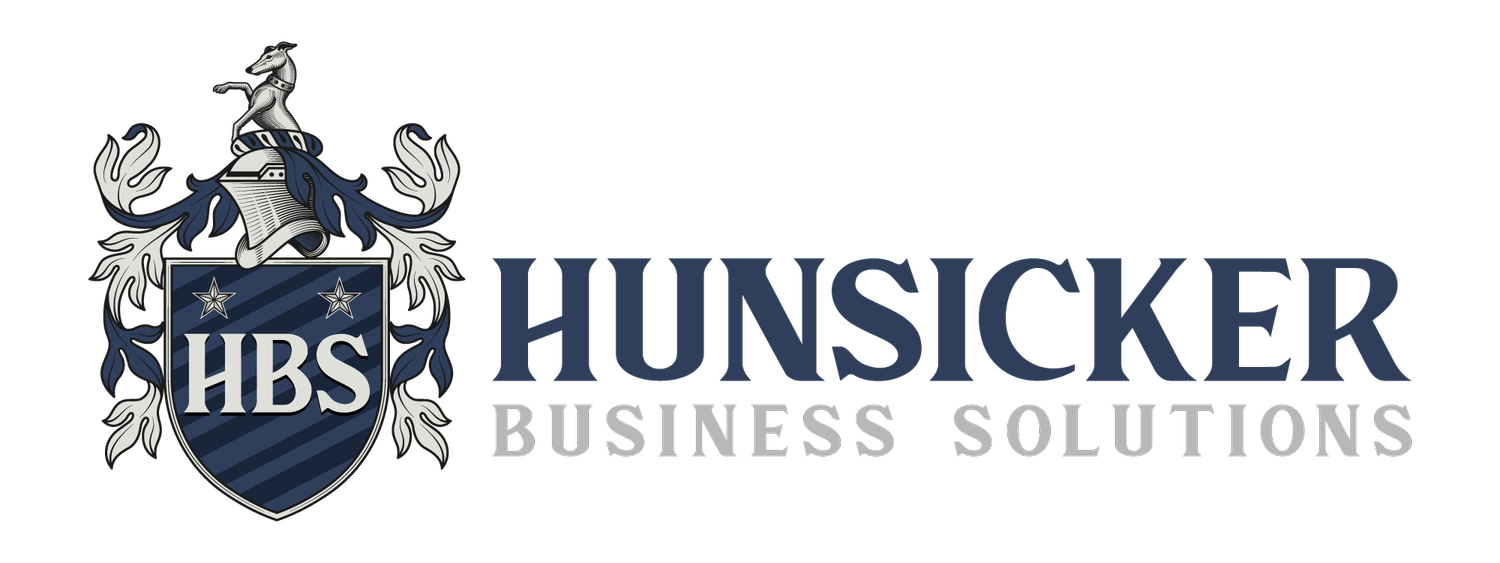The Critical Importance of Record and Bookkeeping in Business Success
Introduction
In the complex world of business management, maintaining accurate and detailed records is not merely a regulatory requirement but a cornerstone of strategic business operations. Effective record and bookkeeping are pivotal for any enterprise aiming to ensure financial accuracy, comply with legal standards, and enhance operational decisions. This article delves into why record and bookkeeping are so crucial and how they directly contribute to the sustainability and growth of a company.
Understanding Record and Bookkeeping
Record and bookkeeping involve the systematic recording, storing, and retrieving of a company's financial transactions. This function is foundational for generating reliable financial statements such as balance sheets, income statements, and cash flow statements, which are essential tools for internal and external assessments of business health.
The Role of Record and Bookkeeping in Business
Financial Accuracy and Transparency
Accurate bookkeeping ensures that businesses can have reliable data on their financial status at any time. This transparency aids in the proper management of cash flow and can prevent financial discrepancies and fraud.
Compliance and Legal Reporting
For any business, adhering to legal obligations concerning financial reporting is non-negotiable. Efficient bookkeeping systems help ensure that all financial operations are recorded in compliance with the relevant laws and standards, thus avoiding potential legal issues.
Strategic Decision Making
The insights derived from well-maintained books are crucial for strategic planning. Business leaders use financial records to analyze past performance, plan future operations, assess the viability of new projects, and make informed investment decisions.
Budget Monitoring and Control
Effective bookkeeping allows businesses to keep their spending in check and adhere to financial budgets. Regular monitoring of financial records helps identify unnecessary expenses and can highlight areas where cost reductions are possible.
Facilitating Audits
A well-organized bookkeeping system simplifies the auditing process. Auditors require clear and well-documented financial records to perform their assessments swiftly and accurately. Good bookkeeping reduces the complexities and time involved in auditing, thereby minimizing disruptions to regular business activities.
Benefits of Maintaining Good Record and Bookkeeping Practices
Enhanced Operational Efficiency
When businesses maintain good records, they can streamline their operations. With easy access to financial data, processes like procurement, inventory management, and payroll can be managed more efficiently.
Improved Financial Health
Regular and accurate bookkeeping helps businesses keep a close eye on their financial health. It allows for the early detection of potential financial issues, enabling timely corrective actions that can avert crises.
Support for Tax Preparation
Come tax season, accurate records are invaluable. They not only simplify the process of filing taxes but also ensure that businesses can substantiate their tax filings if audited. Proper bookkeeping can also help maximize deductions and minimize tax liabilities.
Stakeholder Confidence
Investors, lenders, and other stakeholders require assurance that the business is financially sound and well-managed. Consistently accurate financial records enhance credibility and can facilitate easier access to capital and favorable credit terms.
Implementing Effective Bookkeeping Strategies
For businesses aiming to establish or improve their bookkeeping practices, several strategies can be particularly effective:
Use of Modern Bookkeeping Software: Leveraging technology can simplify the bookkeeping process, enhance accuracy, and provide real-time financial insights.
Regular Reconciliation: Ensuring that all accounts are reconciled regularly prevents discrepancies and maintains the integrity of financial records.
Training and Development: Regular training for bookkeeping staff on the latest accounting standards and technologies can enhance the efficiency and accuracy of their work.
